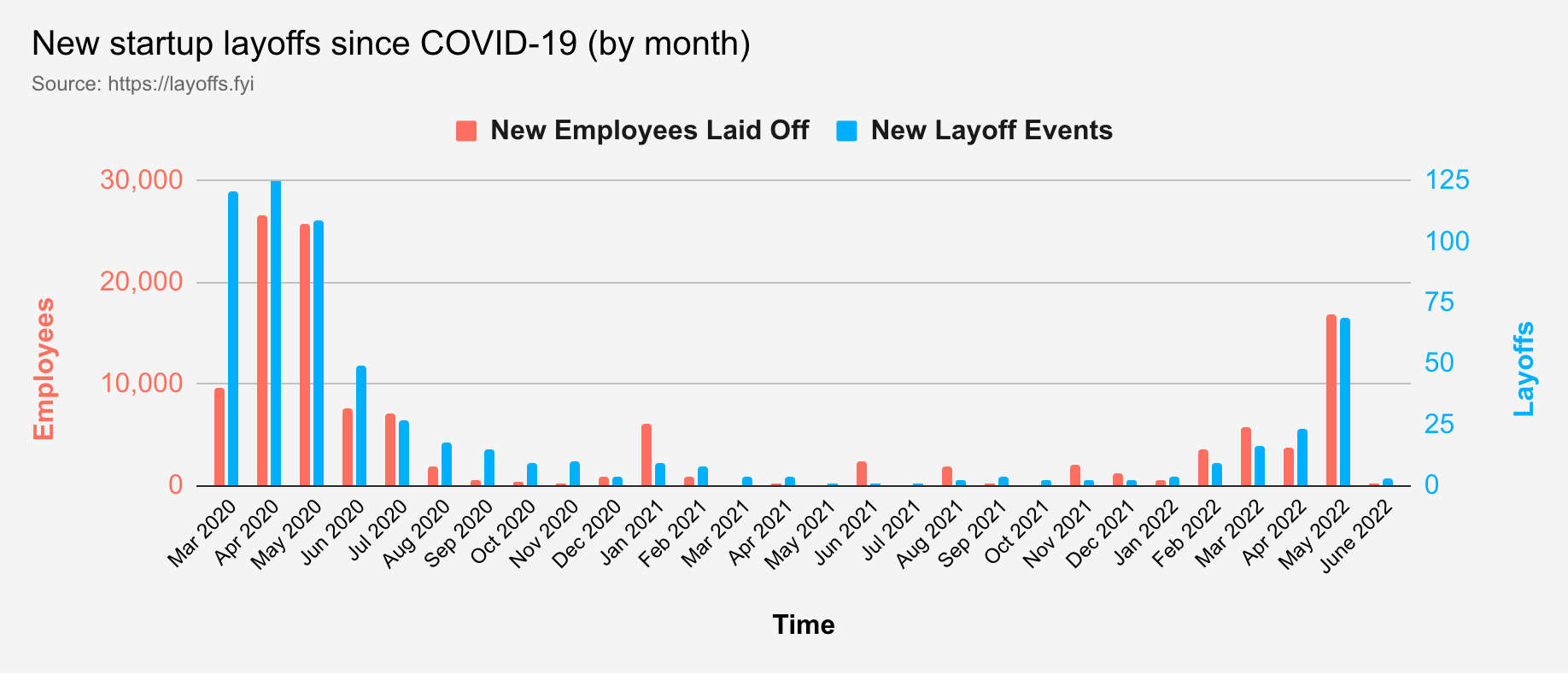This is a reflection on using org-roam as a founder in the early stages of starting a company. It’s mostly a draft that I may or may not come back to.
What I’m trying to do generally is have better quality thoughts. I want to answer questions and reason about the clearly.
I’ve found that writing is thinking and drawing from a wide pool leads to creativity.
Taking notes and linking them together (the vast majority of the utility from these tools for thought are just these two things) provides heterarchies that are, in practice, very useful. It helps me digest vast amounts of disparate information. It helps me find several through lines that can change over time. I can separate out the situation from “what’s going on here?”. It’s just enough distance to help me think less narrowly.
Is it practical? It’s a lot of work and it’s easy to dismiss the effort as impractical or a distraction. Turns out, I really do reference these notes and look at them often.
I don’t have “conversations” with my notes, but I often consult them and reference them. The most common reason is when I’m recalling some information or idea with someone else that comes up in a conversation. I realize I’ve had this thought (or something like it) before and go to my public notes, search, and share.
The single best hack for looking at notes again was adding a “random note” button to my published notes. When I’m bored, I click around and let myself wander previous ideas and thoughts. It also keeps the quality up—I’m more likely to go back and fix/update something I wrote if I see it again.
I don’t write more essays or blog posts. My interests are wide but focus is narrow. While I admire pundits with wide ranging essays such as Noahpinion, Matt Clancy, Bryce, and Slate Star Codex, my focus—the majority of the day (and night)—is on building a business. The way I take notes and what I do with them is heavily influenced by this focus and motivation.
I use my notes to write internal memos and product briefs. Mostly when thinking about strategy, the market, and sharing past insights about product, engineering, and sales.
I also use my notes to give advice and answer questions from others. If someone asks me about raising a seed round as a solo-founder or finding the first 10 users I’ve written many notes to draw from.
What else?
Tools for thought are single-player but at least this single-player is better prepared with more clear thoughts to share.
Better thoughts lead to better leadership. When I’ve clarified my thinking it tends to be very solid. Conviction and confidence (or maybe just a well considered approach) are important for others who are taking a risk by working with you. Nobody want to sit through a meeting where a leader is thinking out loud and confusing everyone.
